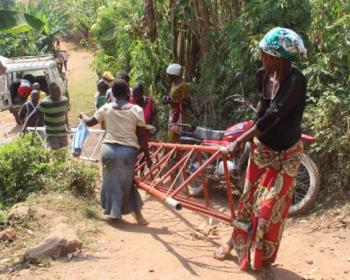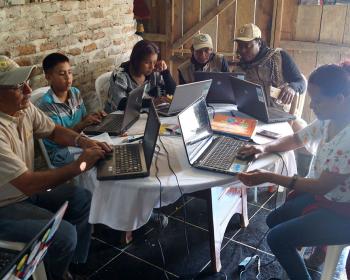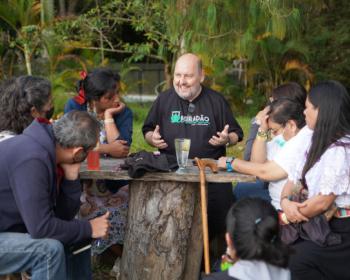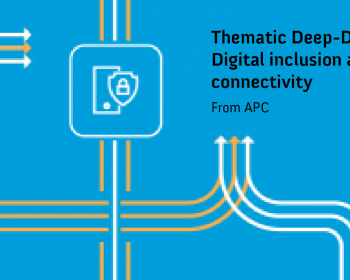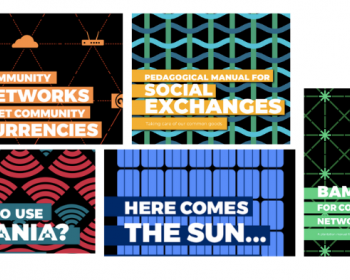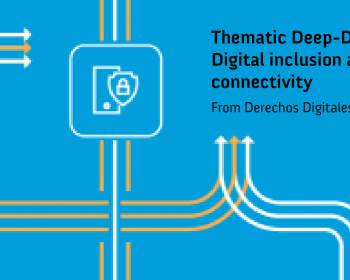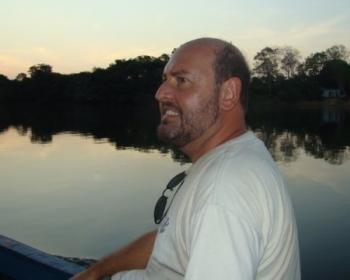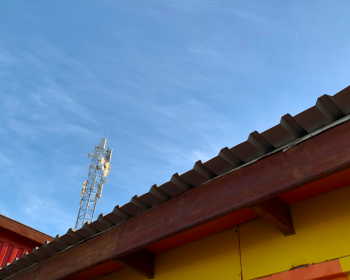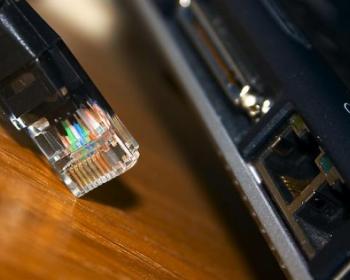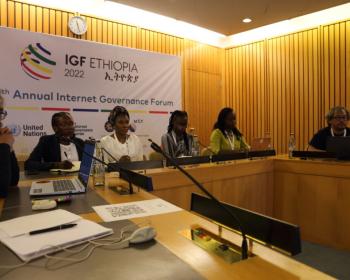Access
Capacity building is critical to the sustainability of a community network for several reasons. Discover some of them in this piece written by Josephine Miliza for APC member organisation KICTANet.
Colombia-based APC member Colnodo presented a statement at the Global Digital Compact thematic deep dive event on digital inclusion and connectivity. We spoke with Julián Casasbuenas about their experiences with community networks and civil society participation in the GDC process.
In this edition, we celebrate the people and initiatives building collective knowledge together, such as the Community Network Seedbeds taking place in Argentina, and a series of manuals created from the collaboration among community network practitioners in Africa, Asia and Latin America.
In its statement, APC highlighted inclusive participation of communities in policy making, consideration of alternative solutions to connectivity that prioritise local and community-led responses, and a multistakeholder approach with differentiated roles and responsibilities.
These five manuals are the result of communities of practice that brought together community network practitioners from diverse countries. They aim to support community networks on key issues such as solar energy, circular economies, bamboo infrastructure and more.
In its statement to the Thematic Deep-Dive session organised to gather input for the Global Digital Compact, APC member organisation Derechos Digitales outlines a series of factors that must be taken into account in any attempts to increase digital inclusion and connectivity.
At APC we join in the deep sorrow for the premature passing of Paulo Lima, a dear friend and ally who had a long history in connecting communities through ICTs and spent the last decade bringing internet connectivity to Indigenous and riverine populations in the Brazilian Amazon region.
In the COVID-19 era, community networks became increasingly important in meeting the rising demand for affordable connectivity. In Kenya, where community networks are growing in size and number, there was a positive regulatory change in 2021. Read more in this piece from KICTANet.
India imposed 84 internet shutdowns in 2022, the highest number globally for the fifth year in a row. APC joins a global civil society coalition to urgently ask the Indian government to create meaningful safeguards for citizens' digital rights and ensure unfettered access to an open, secure and reliable internet.
Women have historically been underrepresented in the telecommunications policy and regulation spaces, but there has been a recent push to increase diversity in these fields, as Josephine Miliza of APC member organisation KICTANet reports.

Association for Progressive Communications (APC) 2022
Unless otherwise stated, content on the APC website is licensed under Creative Commons Attribution 4.0 International (CC BY 4.0)



